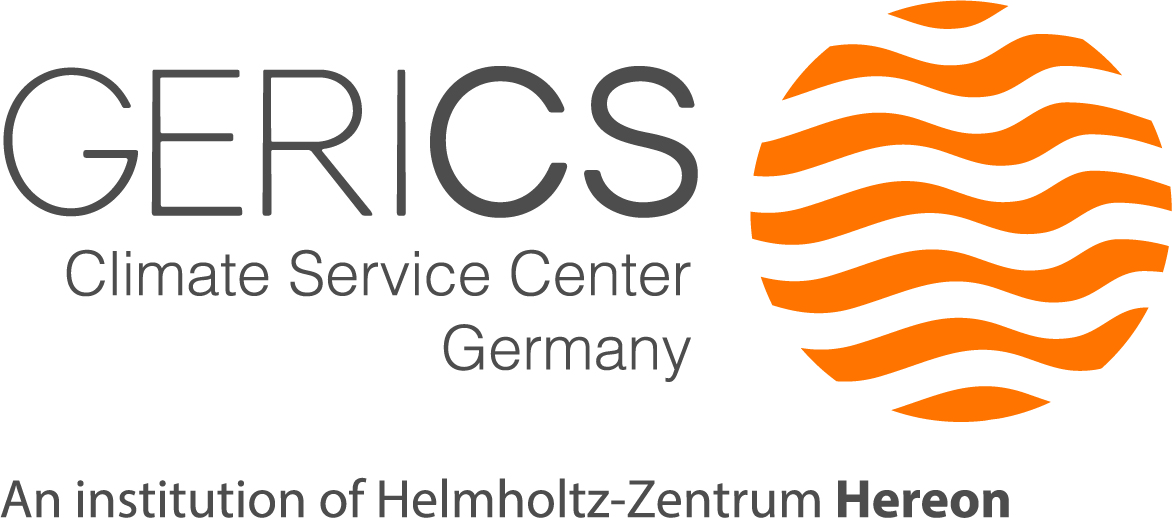Dr. Peter Hoffmann is leading the BMBF junior research group 'CoSynHealth - Conflicts and synergies between carbon-neutral and healthy city scenarios', which started in October 2022. There he investigates the impact of climate adaptation and mitigation measures on the health of urban populations. Using a model-based urban systems approach and participatory workshop techniques, his goal is to develop climate service tools to enable health authorities and urban planners to transform cities in a carbon-neutral and sustainable way.
Previously, he worked within the Helmholtz Institute Climate Service Sciences (HICSS) in cooperation with the University of Hamburg in the LANDMATE project and in the WCRP CORDEX Flagship Pilot Study "LUCAS - Land use and climate across scales". In both projects he investigated the impact of land use change on regional climate using the regional atmosphere-biosphere model REMO-iMOVE and generated land use change data to the EURO-CORDEX community.
Peter Hoffmann obtained both his diploma (2009) and PhD (2012) at the Meteorological Institute of the University of Hamburg. His research topics mainly revolved around urban climate modeling and its relation to climate change. Following his PhD, he conducted regional climate projections for Vietnam, Australia, and the Pacific region in Melbourne at CSIRO to further assess the impacts of climate change for these countries. He then pursued his interest in modeling the various processes of the Earth system at the Seewetteramt in Hamburg (waves and ocean) and in the Department of Mathematics at the University of Hamburg (urban systems). In the LLF project UrbMod, he coordinated an interdisciplinary team of young researchers and worked on modelling the impact of environmental stressors on human health. Furthermore, he conducted research on extreme weather events and the application of statistical methods in climate science.
Detailed CV of Peter Hoffmann (736 KB)

- GERICS Homepage
- >
- About us
- >
- Team
